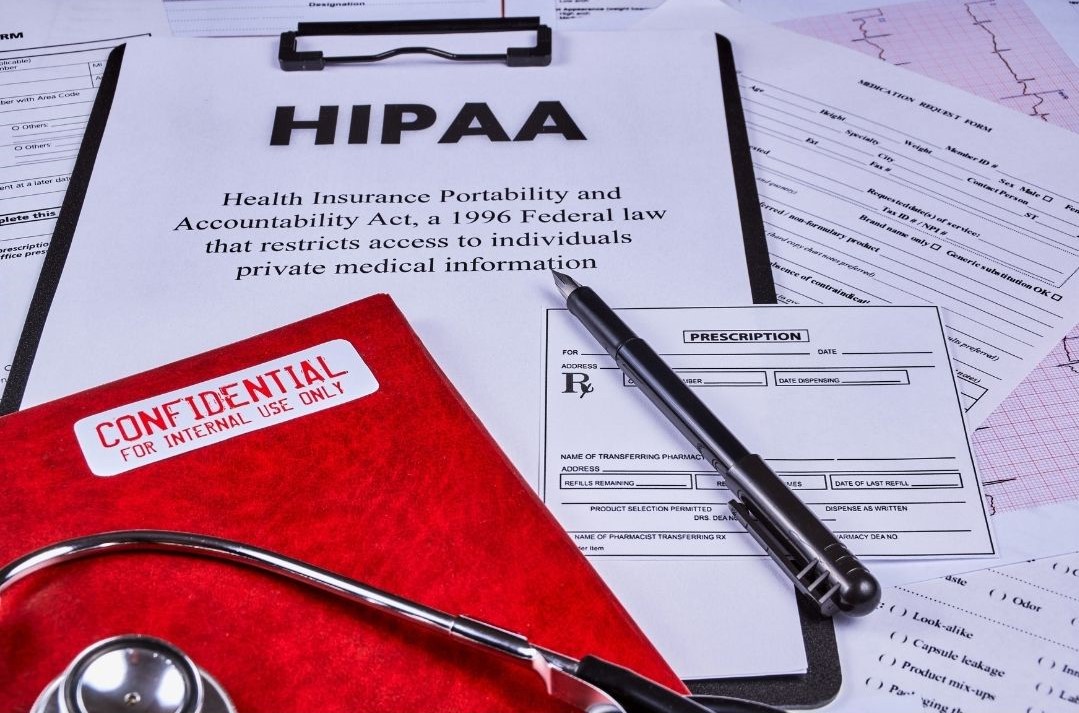Medical privacy laws can protect women from breach of confidentiality and various sensitive health procedure choices they’re making. Still, these can also cause conflict with other laws functioning in a state. Sometimes, some laws prohibit women from using these chosen health measures, which aren’t yet legal in their respective countries.

This article will tell you that medical privacy laws affect women’s health in these progressing times. It’ll discuss their right to have access to sensitive services, substance use as part of their health, the rights of female minors, and some more topics that’ll highlight the concerns aligning to their sex.
In addition, this piece may also help women determine if their healthcare providers comply with the Health Insurance Portability and Accountability Act of 1996 (HIPAA) or the HIPAA compliance that checks the standards and practices of healthcare providers when handling their patients’ data, especially in the sector of women.
May Eliminate Discrimination From Some Conservative Standpoint
Conservative stances have always been present whenever legislators are crafting laws. In addition, public opinion is also essential when making bills or resolutions. Medical privacy laws can help women in avoiding discrimination from a conservative perspective.
For example, a woman undergoes an abortion, which is legal in their country. However, afterward, she encounters a family member who’s highly religious and against such kinds of reproductive health services. She can use the medical privacy law, which can uphold her safety from such a particular circumstance.
Women Can Confidently Avail Of Sensitive Health Services
In reality, women’s health is broad and doesn’t only fall for medical practices. It also includes access to family planning, substance use, or reproductive health measures. Medical privacy laws can safeguard females who may want access to the said services, and not receive any prejudice from some traditional behaviorism of society.
The Right Of Female Minors To An Empathetic Medical Assistance
Sometimes, female minors need to access services related to sexual and reproductive health, which can be challenging for them, as they’re not yet of legal age. However, medical privacy laws can make a change for these can assure them that their parents may not easily have access to their medical information whenever they go for a checkup.
Moreover, the said laws can also warrant confidentiality whenever they avail of these medical services. In that case, it’ll encourage them to seek medical assistance from their age range, and not be scared of leaking their current health checkups. Also, such laws can help with reducing uneasiness or hesitation if they’re going to have a checkup.
Medical Privacy Laws Can Double The Security And Safety Of Women
Besides being protected from breach of personal information, the laws can also protect and help heal women from certain abuses. Hence, they may seek medical attention concerning their mental or sexual health, as well as for substance abuse.
The medical privacy law can provide double security, which means that women’s medical providers will not immediately alert their family members. Additionally, the protection of a female’s medical records can also be used if only she plans to take legal actions against her aggravators.
Safeguards Women’s Private Health Records While Handling Public Health
Medical providers can use women’s health information to protect public health when an individual is diagnosed with a contagious disease. For example, if an adult woman has caught chickenpox, healthcare workers can inform the public to be careful about going out or taking care of their immune system.
On the other hand, healthcare professionals, still, won’t disclose to the public the name of the person who’s contracted the disease because they’re upholding the medical privacy law. It’s a win-win situation between the female individual and the public because her information is protected, all while protecting the public’s health.
Health Is A Universal Right
Medical professionals uphold the principle of self-autonomy when it comes to their patients. Hence, the decisions being made by women when it comes to their choice of medical services should be respected by anyone despite the differences in religion or preferences.
For example, if a woman chooses to use a contraceptive, that’s her right and, thus, shouldn’t be blocked from doing so. Additionally, the medical privacy law won’t leak the contraceptive methods she has used.
The Right To Health Has No Gender
Medical privacy laws primarily focus on protecting patients’ medical records from unwarranted advice and making sure that their medical choices won’t be publicly exposed without their consent. After all, every individual’s privacy is important. Especially among women, some aren’t comfortable disclosing their medical records or the medical services they’re availing, which can also have a substantial reason.